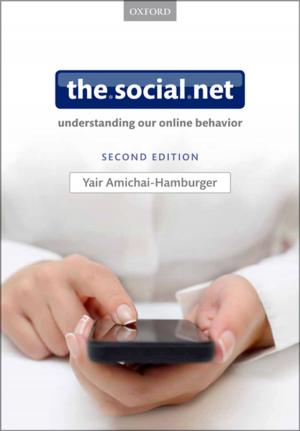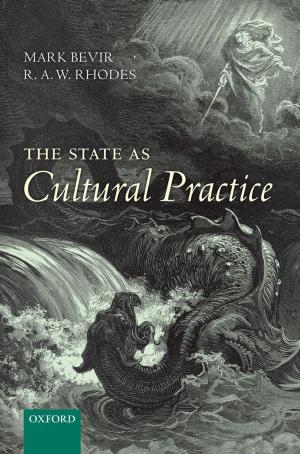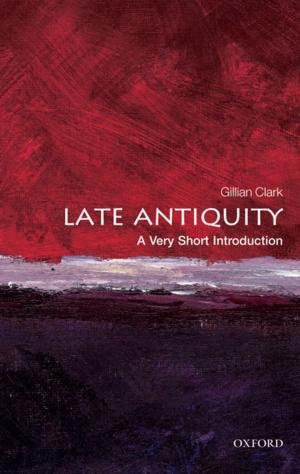Transforming Post-Catholic Ireland
Religious Practice in Late Modernity
Nonfiction, Social & Cultural Studies, Social Science, Sociology, Marriage & Family, Religion & Spirituality| Author: | Gladys Ganiel | ISBN: | 9780191074387 |
| Publisher: | OUP Oxford | Publication: | February 25, 2016 |
| Imprint: | OUP Oxford | Language: | English |
| Author: | Gladys Ganiel |
| ISBN: | 9780191074387 |
| Publisher: | OUP Oxford |
| Publication: | February 25, 2016 |
| Imprint: | OUP Oxford |
| Language: | English |
Transforming Post-Catholic Ireland is the first major book to explore the dynamic religious landscape of contemporary Ireland, north and south, and to analyse the island's religious transition. It confirms that the Catholic Church's long-standing 'monopoly' has well and truly disintegrated, replaced by a mixed, post-Catholic religious 'market' featuring new and growing expressions of Protestantism, as well as other religions. It describes how people of faith are developing 'extra-institutional' expressions of religion, keeping their faith alive outside or in addition to the institutional Catholic Church. Drawing on island-wide surveys of clergy and laypeople, as well as more than 100 interviews, Gladys Ganiel describes how people of faith are engaging with key issues such as increased diversity, reconciliation to overcome the island's sectarian past, and ecumenism. Ganiel argues that extra-institutional religion is especially well-suited to address these and other issues due to its freedom and flexibility when compared to traditional religious institutions. She explains how those who practice extra-institutional religion have experienced personal transformation, and analyses the extent that they have contributed to wider religious, social, and political change. On an island where religion has caused much pain, from clerical sexual abuse scandals, to sectarian violence, to a frosty reception for some immigrants, those who practice their faith outside traditional religious institutions may hold the key to transforming post-Catholic Ireland into a more reconciled society.
Transforming Post-Catholic Ireland is the first major book to explore the dynamic religious landscape of contemporary Ireland, north and south, and to analyse the island's religious transition. It confirms that the Catholic Church's long-standing 'monopoly' has well and truly disintegrated, replaced by a mixed, post-Catholic religious 'market' featuring new and growing expressions of Protestantism, as well as other religions. It describes how people of faith are developing 'extra-institutional' expressions of religion, keeping their faith alive outside or in addition to the institutional Catholic Church. Drawing on island-wide surveys of clergy and laypeople, as well as more than 100 interviews, Gladys Ganiel describes how people of faith are engaging with key issues such as increased diversity, reconciliation to overcome the island's sectarian past, and ecumenism. Ganiel argues that extra-institutional religion is especially well-suited to address these and other issues due to its freedom and flexibility when compared to traditional religious institutions. She explains how those who practice extra-institutional religion have experienced personal transformation, and analyses the extent that they have contributed to wider religious, social, and political change. On an island where religion has caused much pain, from clerical sexual abuse scandals, to sectarian violence, to a frosty reception for some immigrants, those who practice their faith outside traditional religious institutions may hold the key to transforming post-Catholic Ireland into a more reconciled society.















